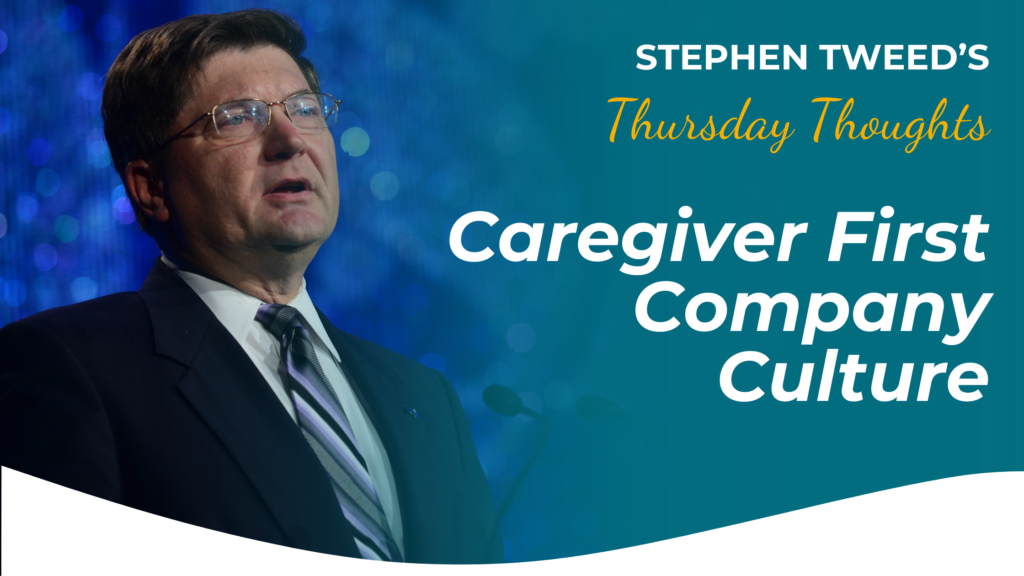On October 30, 2013, Rep. Jack Kingston (R-GA) introduced the “Small Business Fairness in Obamacare Act,” H.R.3419. The bill would relieve small businesses from the burdens associated with the health insurance mandate under the Affordable Care Act. The Academy for Private Duty Home Care®, Leading Home Care, and The Home Care Association of America have endorsed this legislation.
H.R.3419 would amend the Internal Revenue Code of 1986 to exempt certain small businesses from the employer health insurance mandate and to modify the definition of full-time employee for purposes of such mandate.
Many home care companies and members of The Academy and Caregiver Quality Assurance® will qualify as ‘large employers’ under the ACA even though they employee few full time employees. The current ACA requirement, which requires employers with 50 or more full time equivalent employees to provide comprehensive health insurance or pay significant penalties, creates hardship for these businesses which otherwise are defined as small businesses under the Small Business Act.
The Kingston bill exempts from the requirement to provide comprehensive health insurance coverage those businesses meeting the definition of a small business under the Small Business Act. The Small Business Administration (SBA) publishes a guide each year on what businesses by industry are eligible for SBA benefits and resources. For example, home care businesses that provide personal care services are considered eligible as a small business if their revenues are less than $7 million per year. H.R.3419 is a better standard for determining who is a ‘large employer’ since full time employees and revenues vary by industry. What might be a fair standard for home care may not be a fair standard for a law firm or manufacturer of goods.
H.R.3419 would also change the current definition of “full-time employee” under the health care reform law to align with the current standard of 40 hours per week. This is the number that American businesses have managed their hourly employees by for decades and utilizing a different standard simply adds confusion for businesses.
Click the link below to log in and send your message:
https://www.votervoice.net




